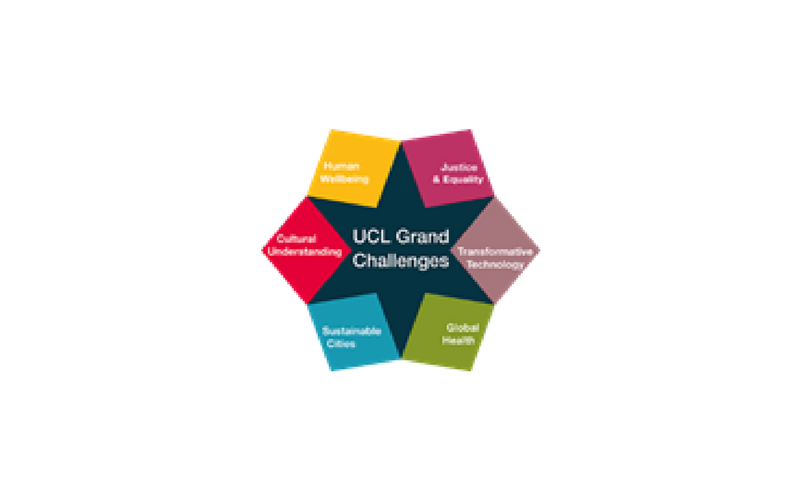The Dubowitz Neuromuscular Centre, UCL Great Ormond Street Institute of Child Health are conducting a study which will look at anxiety in Duchenne muscular dystrophy, specifically exploring the perspectives of families and boys with the condition.
They are looking for boys and young men with Duchenne aged 7-18 years old and their parents to take part in this study.
They know that the chance of neurodevelopmental and mental health difficulties is higher in Duchenne, but there are likely to be complex reasons for this. The aims of this study are to understand how anxiety can manifest in Duchenne and to evaluate what impact this can have on people with Duchenne and their families. They are also investigating how accurate the current assessment methods for anxiety are in people with Duchenne.
Read the invite and further information
We hope that this study will provide valuable information for caregivers and care providers, which will help to improve the support for people with Duchenne who are affected by anxiety.
A number of focus groups will be conducted at the UCL Great Ormond Street Institute of Child Health in London. These will last 1-2 hours and will include focussed activities and discussions. There will be separate groups for parents and young people with Duchenne. All group discussions will be confidential, and all data will be collected and stored in accordance with the Data Protection Act 1988. Travel expenses will be reimbursed and all participants will receive a voucher as a ‘thank you’.
If you wish to have further information about this study, or if you know a young person or family who may be interested please contact Dr Kate Maresh (Clinical Researcher & Neurologist) k.maresh@ucl.ac.uk or Rachel Trimmer (Trainee Clinical Psychologist) rachel.trimmer.16@ucl.ac.uk or call 020 7905 2151.
Further information
Study title: ‘Understanding and measuring anxiety in Duchenne Muscular Dystrophy: exploring the perspectives of families and males with the condition.’
Principal Investigator: Professor Francesco Muntoni
This work is supported by an award from the UCL Grand Challenges scheme and has been approved by the UCL Research Ethics Committee (Project ID No. 12307/001)
Additional reading
- Get help and support
- Research we are funding



 Families gain knowledge and support at Wales regional roundtable meeting
Families gain knowledge and support at Wales regional roundtable meeting
